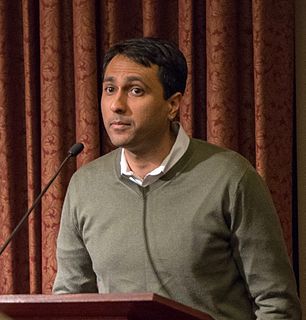A Quote by David Bergen
When I get moved to write a story, I don't question the story. I dive right in, and I try to ignore the voices that are chattering away at me: 'You can't do that', 'You shouldn't do that'. I just sort of leap and take a chance and go for it.
Related Quotes
Lester del Rey told me repeatedly that the first and most important part of writing fiction is just to think about the story. Don't write anything down. Don't try to pull anything together right away. Just dream for a while and see what happens. There isn't any timetable involved, no measuring stick for how long it ought to take. For each book, it is different. But that period of thinking, of reflection, is crucial to how successful your story will turn out to be.
I write 3-4 days a week, 4-5 hours at a time (with lots of breaks). My goal is 2000 words when I sit down to write and usually, I hit that, though it can take anywhere from 3-7 hours to get there. I usually know the basics of where the story is going, but the specifics just sort of come to me as I write.
Everywhere I go - from villages outside Kandy, Sri Lanka, to community centers in Amman, Jordan, to offices at the State Department in Washington, D.C. - I find people with a similar story. When thousands of people discover that their story is also someone else's story, they have the chance to write a new story together.
So tell me, since it makes no factual difference to you and you can't prove the question either way, which story do you prefer? Which is the better story, the story with animals or the story without animals?' Mr. Okamoto: 'That's an interesting question?' Mr. Chiba: 'The story with animals.' Mr. Okamoto: 'Yes. The story with animals is the better story.' Pi Patel: 'Thank you. And so it goes with God.
People who take books on sex to bed become frigid. You get self-conscious. You can't think a story. You can't think, "I shall do a story to improve mankind." Well, it's nonsense. All the great stories, all the really worthwhile plays, are emotional experiences. If you have to ask yourself whether or not you love a girl or you love a boy, forget it. You don't. A story is the same way. You either feel a story and need to write it, or you better not write it.
*I want to keep walking away from the person I was a moment ago... *So soon you will be in that part of the book where you are holding the bulk of the pages in your left hand, and only a thin wisp of the story in your right. *We get one story, you and I, and one story alone....It might be time for you to go. It might be time to change, to shine out.
Now we may have more preachers out there than we have drinkers. But a fellow told me a story one time about a man down in Kentuckywhere they make bourbon. And he said you can take a jigger or two jiggers and get by all right. But if you try to take the whole bottle why you have lost what you started with. So don't try to take it too quick. And don't try to do all of it at once. I don't do much promising. I tell what my goals are and then I try to wrap it up and put a blue ribbon on it and get it delivered. We say put the coonskin on the wall.





































